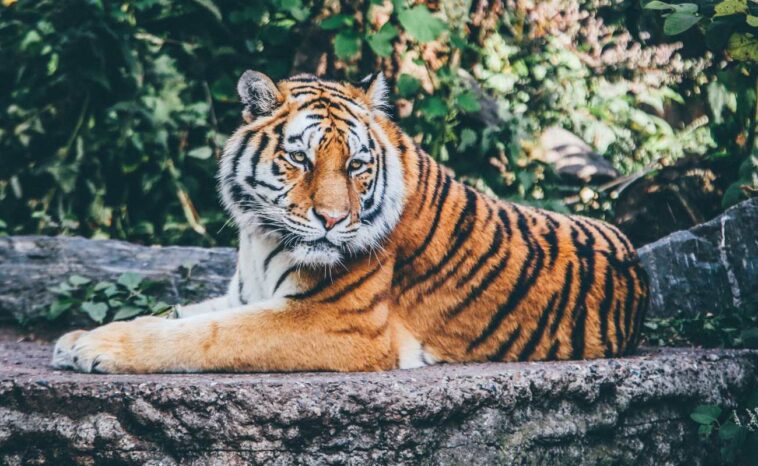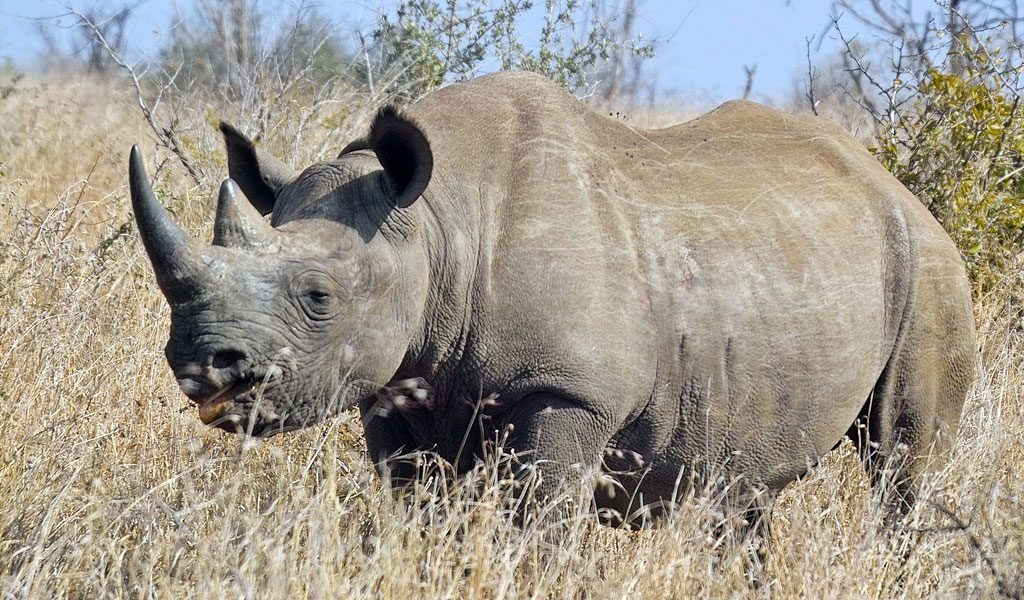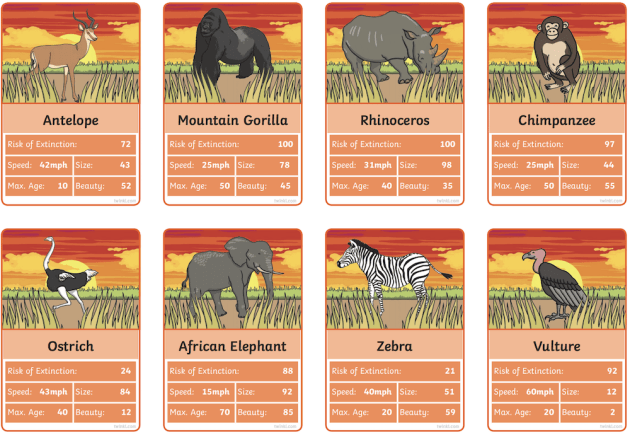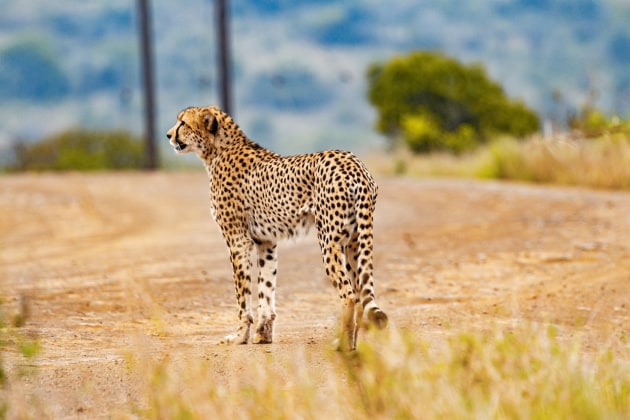As I sat quietly in the back of a rugged safari jeep, I felt anticipation bubbling within me. The African savanna stretched out endlessly, golden grass swaying gently in the breeze. My focus was on spotting one of the most elusive creatures of the wild—the solitary leopard. This magnificent animal is not only a symbol of strength and agility but also a true wanderer of the wild.
Understanding the Solitary Leopard
Unlike many other big cats that often hunt in prides or groups, leopards are solitary creatures. This behavior is fascinating and showcases their adaptability and cunning nature. In this article, we delve deep into the life of the solitary leopard, exploring its habits, habitat, comparisons with other animals, and how to plan a safari experience centered around these incredible creatures.
The Life of a Solitary Leopard
Leopards (Panthera pardus) are known for their stunning coats adorned with rosettes, which provide excellent camouflage in their natural habitat. They are predominantly found in sub-Saharan Africa and parts of Asia, living in various environments, including savannas, forests, and mountains.
Behavior and Social Structure
Leopards are primarily nocturnal hunters, making them solitary by nature. They prefer to roam and hunt alone, relying on their stealth and agility to catch prey. Each leopard has a designated territory, which they mark and defend against intruders. This territorial nature further reinforces their solitary lifestyle.
Why Do Leopards Prefer to Travel Alone?
There are several reasons why leopards have adopted a solitary lifestyle:
- Efficient Hunters: Leopards rely on stealth and ambush tactics to hunt. Being solitary allows them to sneak up on prey without the need for collaboration.
- Resource Management: With less competition for food, a solitary lifestyle enables leopards to thrive in their habitats, hunting as needed without sharing their resources.
- Territorial Control: A lone leopard can maintain a larger territory without the risk of interference from other adult leopards.
Traveling to See Solitary Leopards: Destinations and Tips
Now that we understand the fascinating life of leopards, let’s explore the best safari destinations where you can witness these magnificent animals in their natural habitat.

Top Safari Destinations to Spot Leopards
| Destination | Country | Best Time to Visit | Highlight |
|---|---|---|---|
| Kruger National Park | South Africa | May – September | High concentration of leopards |
| Sabi Sands Game Reserve | South Africa | May – September | Luxury lodges and excellent wildlife viewing |
| Tanzania’s Serengeti | Tanzania | June – October | Migration and leopard sightings |
| Masai Mara National Reserve | Kenya | July – October | Leopard and migration views |
Planning Your Leopard Safari
When planning a safari to see these solitary creatures, consider the following tips:
- Choose the Right Season: Research the best times for leopard sightings, often during the dry season when animals congregate around water sources.
- Hire Experienced Guides: Guides with a background in wildlife behavior can greatly enhance your chances of spotting leopards.
- Be Patient: Wildlife viewing requires patience. Arrive at viewing locations early and stay quiet to not disturb the animals.

Personal Experience: A Day in the Savannah
On my first safari in Kruger National Park, I rose before dawn, the anticipation buzzing in the crisp air. Our experienced guide led us down winding dirt trails, sharing stories of leopards he had seen. Suddenly, he stopped the vehicle and whispered, “Look!” There, lounging on a rock, was a magnificent leopard, basking in the morning sun. The sight was breathtaking—this solitary cat epitomized grace and power.
The Pros and Cons of Going on a Leopard Safari
Pros
- Incredible Wildlife Sightings: Leopards are among the most sought-after animals to see on safari.
- Unique Personal Experience: A safari centered around leopards provides a sense of adventure and personal connection to nature.
- Photographic Opportunities: The solitary and elusive nature of leopards creates stunning photographic moments.

Cons
- Patience Required: Spotting a leopard can take time, as they are solitary and can be elusive.
- Costly Endeavors: Safaris can be expensive, especially in prime leopard-viewing locations.
- Environmental Considerations: Increased tourism can sometimes have negative impacts on wildlife and habitats.
Frequently Asked Questions
What Makes Leopards Unique Compared to Other Big Cats?
Leopards are unique due to their adaptability, solitary behavior, and incredible climbing skills, allowing them to hunt and store prey in trees, protecting it from scavengers.
Are Leopards Dangerous to Humans?
While leopards are generally elusive and avoid humans, they can be dangerous if threatened or surprised, especially if they have cubs.
How Can I Safely View Leopards on Safari?
To safely view leopards, always follow your guide’s instructions, maintain a respectful distance, never provoke wildlife, and remain in your vehicle during sightings.

Conclusion: The Solitary Journey of the Leopard
Experiencing the life of a solitary leopard in the wild is an unforgettable adventure, deeply connecting us to the beauty of nature. By understanding their habits and choosing the right safari destinations, you can witness these majestic animals in their true element. As I look back on my own experiences, the thrill of seeing a leopard alone in its kingdom is a memory I will treasure forever.
Ratings and Reviews of Top Safari Experience Providers
| Provider | Rating | Reviews | Price Range |
|---|---|---|---|
| Safari Adventures | 4.8/5 | “Incredible experience! Top-notch guide and amazing leopard sightings.” | $$$ |
| Wildlife Tours Co. | 4.5/5 | “Saw leopards, lions, and more! Highly recommend.” | $$ |
| Exclusive Safaris | 4.9/5 | “Luxurious accommodations and excellent service!” | $$$$ |
| EcoTours Safari | 4.3/5 | “Great value for money, but leopards were hard to spot.” | $ |
Before booking your safari, be sure to read recent reviews to ensure you choose a provider that fits your expectations and budget. The journey to witness the solitary leopard is one that every wildlife enthusiast should undertake. Happy travels!